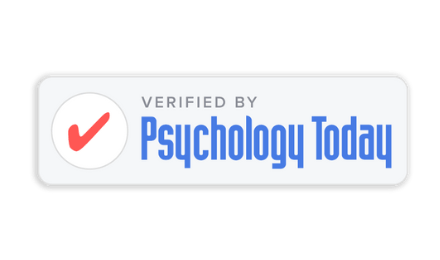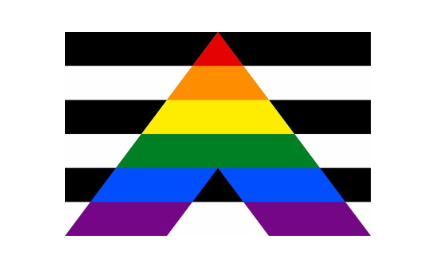Depression can be an incredibly difficult and crippling experience that can have far-reaching consequences on all aspects of a person’s life. To help with this, it’s important to be as informed as possible. If depression is something that you’re interested in learning more about, read on as we break down everything that you need to know to understand depression.
What is Depression?
Depression is a mental health disorder characterized by persistent feelings of sadness and loss of interest. It can affect how a person thinks, feels, and behaves, and can lead to a variety of physical and emotional problems.
Depression is a common yet serious illness that can affect anyone, regardless of age, gender, or background. It is not something that you can simply “snap out of” and it is not a sign of weakness. While everyone experiences feelings of sadness, loss, or even hopelessness at times, depression is more than just feeling down. It can cause a range of symptoms that can affect how you think, feel, behave, and interact with others.
What Causes Depression?
One major factor of depression is genetics. Research has shown that people with a family history of depression are more likely to experience the condition themselves. This suggests that certain genetic traits may make some people more susceptible to depression.
Another factor that can lead to depression is major life changes. Experiencing a traumatic event, such as the death of a loved one, can trigger depression in some individuals. In addition, even positive life changes such as getting married or starting a new job, can cause stress and anxiety, which can eventually lead to depression.
Other factors that can contribute to depression include physical health problems, substance abuse, and certain medications. For example, people with chronic pain or other medical conditions may be more likely to develop depression due to the physical and emotional stress that comes with it. In addition, certain medications, such as those used to treat high blood pressure, can cause side effects such as feelings of sadness or hopelessness. Finally, alcohol and drug abuse can lead to depression, as these substances can cause changes in the brain that can affect mood.
What Are the Symptoms of Depression?
While the symptoms of depression can vary greatly from person to person, there are some common signs of depression that can help indicate if you or someone you know may be struggling with this condition.
The most common symptoms of depression include:
1. Persistent Feeling of Sadness: This is one of the most common symptoms of depression and can include feeling empty, sad, or hopeless. People with depression may also have periods of intense sadness and may cry for no apparent reason.
2. Loss of Interest or Pleasure in Activities: People with depression often lose interest in activities that they once enjoyed. They may find it difficult to take part in activities or to even get out of bed.
3. Changes in Appetite or Weight: People with depression may experience changes in their appetite and weight. They may either lose their appetite or overeat. This can lead to drastic changes in weight.
4. Sleep Disturbances: People with depression may have difficulty falling asleep or staying asleep. They may also experience early-morning waking or oversleeping.
5. Irritability or Restlessness: People with depression may experience feelings of irritability and restlessness. They may be easily agitated and have difficulty focusing on tasks.
6. Fatigue or Loss of Energy: People with depression may feel tired and have a lack of energy. Even the most mundane tasks may seem too difficult to accomplish.
Conclusion
Understanding depression is an important part of managing it. It is important to remember that depression is a serious mental health condition and is not something to be taken lightly. It can be caused by a variety of factors, including genetics, environmental factors, and psychological issues. It is important to talk to a medical professional if you are experiencing any of the signs and symptoms of depression.
Work with a ,depression counsellor in Vancouver. West End Counseling Centre offers in-person and online counselling for anxiety, relationships, depression, and more. Get in touch with us.








